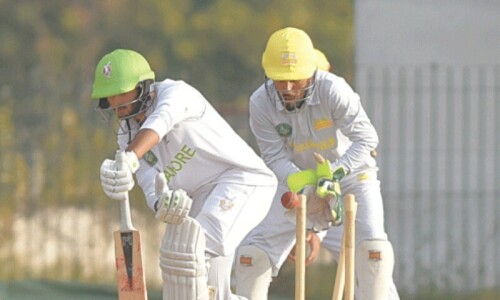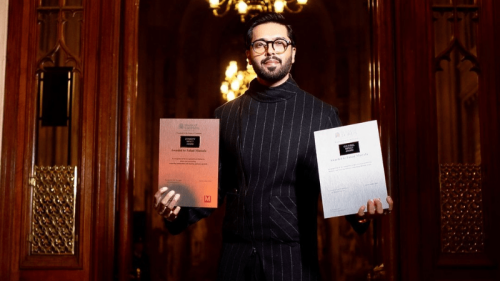AFTER every election, a hardly noticed series of disclosures flutters past our screens. As part of the election ritual, all contestants are required to declare their assets as well as reveal what expenses were incurred during their poll campaign. This material is made public by the Election Commission of Pakistan afterwards. In most cases, the data attracts little more than general curiosity, such as the declaration by current Prime Minister Imran Khan that he owns four goats, but is not considered of much value beyond this. The purpose of both declarations — assets and election expenses — are clear. In the case of election expenses, there is a legally mandated limit to how much a candidate can spend during the poll campaign, though this amount is not difficult to circumvent. And in the case of an asset declaration, voters can see whether or not their candidate has enriched himself or herself while in office. Both these declarations are easy to circumvent using benami assets and beneficiaries, but despite that it can be argued that they serve a purpose and should be retained.
The only question that remains is what that purpose might be. Perhaps a more strenuous effort is needed to scrutinise these declarations, particularly those related to assets, and try to discern patterns within them that might point towards deception. There are any number of MNAs, for instance, who declare barely any assets yet live like kings. It is surprising how little effort is made to reconcile these declarations with income tax filings of the candidates, especially considering that until recently, the majority of the MNAs did not even file returns. Simply asking for a declaration and posting it on the website is a meaningless exercise, and is likely to generate little more than salacious gossip.
The first thing that needs to be done is that the data from asset declarations going back to the 1988 elections needs to be processed into a form that renders it comparable across time, and all of it should be posted online. That way voters can see, in the case of those leaders who have contested and won multiple times in that time period, how the material circumstances of their candidate have changed over time, at least as per the official declarations. Given how the noose is tightening around benami practices, presumably it will become more and more difficult for those running for elected office to conceal their assets. Of course, how strenuous this drive becomes remains to be seen. In the meantime, perhaps the ECP can recruit the services of some election watchdog group or external consultant to process the information it has from multiple asset declarations over the decades, and initiate work on making it available to the general public in a more accessible format. That would be a start to making the exercise more meaningful.
Published in Dawn, July 7th, 2019











































